

| Nina N. Leontieva. To Our Colleagues Whose Anniversaries We Celebrate This Year | |
|
The author tries to portray three outstanding contemporary Russian linguists: Irina Sevbo, Anatoly Shaikevich and Alexey Gladkij |
|
| N. A. Korotaev. Analyzing Russian Coordinative Constructions in Terms of Syntac tic Groups by A. V. Gladkij | |
|
Representation of syntactic structure in terms of subordination trees is highly problematic when dealing with coordinate constructions. Several adaptations of subordination trees have been proposed so far, but none of them allows for an intuitively adequate analysis. The paper presents the basic ideas and formal methods used in the Syntactic Groups model introduced by A.V. Gladkij. It shows that most Russian coordinate constructions are successfully analyzed — in a way that combines the advantages of both subordination trees and immediate constituents approaches. However, at least one type of coordination, the one based on lexical and/or semantic (and not functional) homogeneity, may not be properly represented neither in immediate constituents nor in the Syntactic Groups model. In the paper, modifications of the original model are proposed that use the co-subordination principle to provide intuitively adequate structures for both functionally and lexically/semantically supported coordinate constructions. |
|
| Marina R. Kaul. ««If You are Interested in Statistics, the Only Way for You is to Shaikevich» | |
|
The author recollects her first meetings with Anatolij Ja. Shaikevich during undergraduate and postgraduate years, the impressions of his scientific works and of his public activities. |
|
| Valentina I. Perebejnos. How I Started to Study Statistical Linguistics | |
|
The author tells how Anatolij Ja.Shaikevich’s constructive criticism helped her to understand the problems and methods of statistical linguistics |
|
| Marina Ja. Glovinskaja. «Harmony» in the «Production Dictionary of Russian» | |
|
The paper contains two entries for the verbs garmonirovat’ and garmonia |
|
| Ju.D. Apresjan. Begat’ and Bezhat’ — Two Entries for the «Production Dictionary of Russian» | |
|
Russian» The paper contains entries for the verbs begat’ and bezhat’ from the «Production dictionary of Russian» which is now being prepared for publication. Both entries are supplied with detailed linguistic comments. Since the dictionary is designed for purposes of speech production it has to contain such information on words in their current senses as is necessary and sufficient not only for their understanding in an arbitrary text but also for their proper use by the speakers. The implementation of this principle results in a considerable expansion of the customary lexicographic information and in the inclusion of totally new types of information in dictionary entries. Among them one should list analytical definitions of lexical meanings and their modifications in various textual conditions, a description of complicated interactions of lexical and grammatical meanings, detailed government patterns and their transformations, non-valent syntactic constructions characteristic of the word at issue, a semantically ordered description of its co-occurrence constraints, information on its synonyms, antonyms, derivatives and other words semantically related to the given item, and the like. |
|
| L.P. Krysin. Scientific and Technical Terms in the Russian Urban Non-codified Speech | |
|
The paper contains an analysis of the usage of special terms in the contemporary Russian urban un-normative speech. This usage is characterized by formal and semantic transformations of special terms. |
|
| Maria V. Akhmetova. Variation of Names of Inhabitants of the Cities (Based on Electronic Database «Integrum») | |
|
The paper is based on statistical analysis of usage of names of citizens in local newspapers (cities Irkutsk, Kirov, Penza, Petrozavodsk, Pyatigorsk, Stavropol, Tambov and Tver) on the materials of electronic database «Integrum». Research that has been undertaken, reveals local preference in use of variants or their rivalry; the latter can be caused both with editorial practice and actual tendencies of language. |
|
| Ekaterina L. Brovko Constructing and Imitation as Strategies of Syntax Acquisition | |
|
This article considers the characteristics of child speech in the period of transition from one- to two-word utterances. Two mechanisms have been identified that allow combination of words into utterances: the first mechanism is which imitation requires systematic reproduction by the child of the speech fragments already available from the adults’ or their own speech. The second mechanism is construction which presupposes independent creation by the child of utterances that have no examples in the speech of the adults. A correlation has been traced between the dominant strategy and several aspects of language acquisition, such as the contents of the early vocabulary and child’s level of activity in a dialogue. Furthermore, the article describes changes at different linguistic levels that accompany transition from one strategy to the other. |
|
| Tatiana Yu. Kobzareva. Syntactical sentence structure encoded by punctuation marks | |
|
In this work, we investigate which aspects of Russian sentence structure are encoded by intra-sentential punctuation marks. We solve this problem via defining an ideal sentence structure based on dependency syntax. Using this ideal structure, we analyze the semantic spectrum of intra-sentential punctuation marks and build their functional trichotomy. This allows us to expose the functions of punctuation marks in complex sentences in Russian and other European languages. |
|
| Anna R. Pestova, Olga A. Sharykina. Russian Idiomatic Expression navesti shoroh (-a / -u) in Various Spheres of Speech Communication | |
|
The present paper deals with functioning of the phraseological unit navesti shoroh (-a / -u) in various spheres of speech communication. The problem we are interested in is which semantic components of the unit come into focus depending on the sphere of speech communication and whether its government is influenced. The study showed that depending on the context such potential semantic components of the idiomatic expression as ‘an unexpected success’, ‘reprimand’, ‘start a row’, ‘force’, ‘establish order’, ‘surprise’ and ‘frighten’ may come into focus. The government does not depend on the sphere of communication in which this phraseological unit is used. |
|
| Anastasia A. Saltykova. Some Cases of Implicated Axiological Modality Indication in Massmedia Texts | |
|
Present article contains brief results of analysis of implicated axiological modality in informational-analytical television texts. The objects of research were the texts by Marianna Maximovskaya («Nedelya», TV REN) Michael Leontiev («Odnako», The First Channel) and Victor Shenderovich («Itogo», NTV Channel). The main aim of investigation was to reveal and classify indicators allowing to discern appraisals implicated in utterances and to bring out reasons for the axiological modality to appear. In this article there are exposed six general types of indicators and three contributing factors of implicatures in an utterance. |
|
| A.Sh. Kaganov . Instrumental Investigations of the Spectral Characteristics of Speech for the Sake of Forensic Identification of the Speaker: Theoretical Grounds and Technology of Research | |
|
The theme of this article is research’s technology of the spectral characteristics of the speaker in the task of forensic identification. The article also reviews theoretical foundations that establish a connection between the spectral characteristics of speech and biometrics of human’s vocal apparatus. This article is based on literature data and on the material of forensic investigations. |
|
| Zoya M. Shalyapina. Some Prospects of Automatic Optimization of Lingware for Text Processing within the Entity-Based Linguistic Framework | |
|
The paper discusses some possibilities opened up by the entity-based linguistic framework for simulating human language acquisition as automatic optimization and self-organization of lingware designed for text processing. The discussion is based on the JaRAP experimental complex for Japanese-Russian automatic translation (Institute of Oriental Studies of the Russian Academy of Sciences). |
|
| Natalia V. Gurian.A Note on Some Features of the Lexical Material Organization and Presentation in the Ancient Chinese Dictionary «Fanyan» | |
|
The article is devoted to the analysis and description of the first Chinese dictionary of local words. Special attention is given to the ways of lexical items organization and description used in «Fangyan». The author also touches upon the question of the continuity between Fangyan and its predecessor Erya. |
|
| Sophia Yu. Semenova. On the Special Course «The Russian Parametric Words: Theory and Applications» | |
|
The linguistic and methodic foundations of the special course on the Russian Abstracts 245 parametric words features, the parametric words representation in the machine semantic dictionary, and parametric data extraction are under consideration. The principle attention in the special course is paid to the parametric nouns. The semantic, syntactic, and derivative features of the parametric nouns are discussed as well as the inner structure of the lexical class above. |
|
Editorial contacts:
Miusskaya sq. 6, building 2, Moscow, 125993, Russia,
Institute of Linguistics, RSUH
Mail to:
msk.ling.j@gmail.com